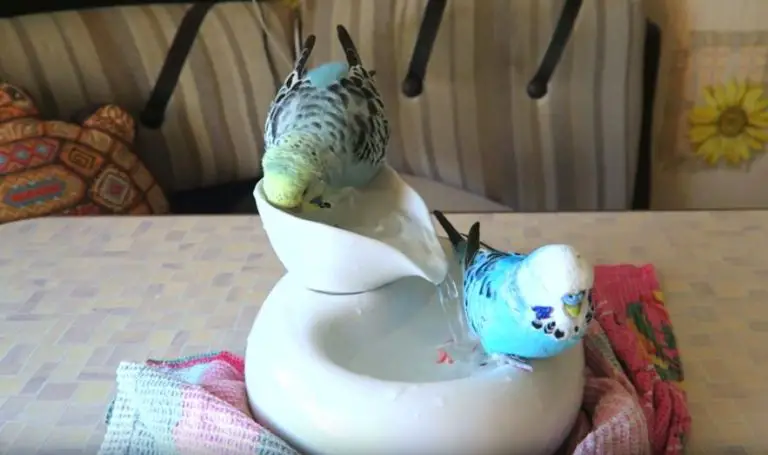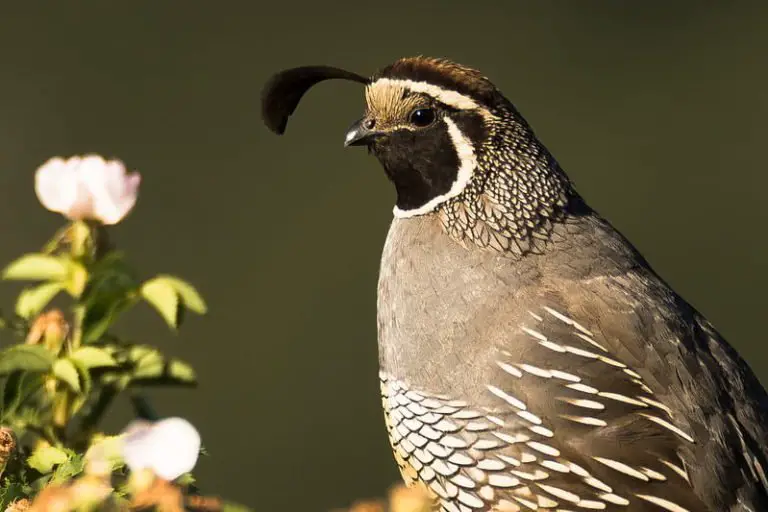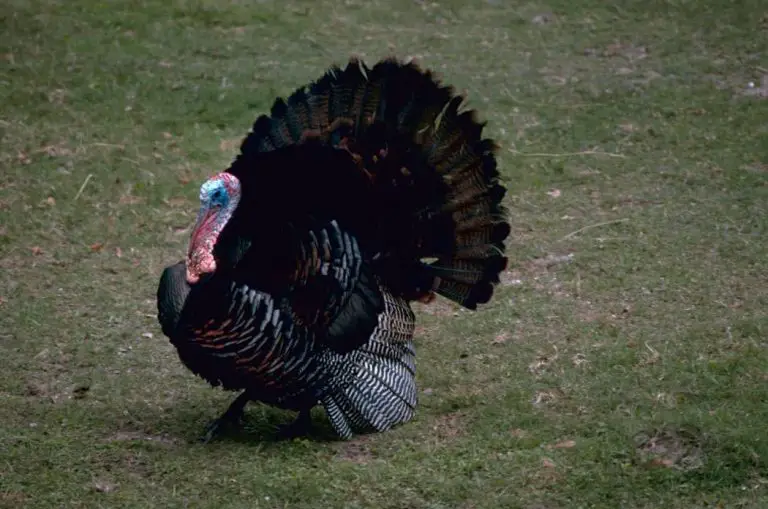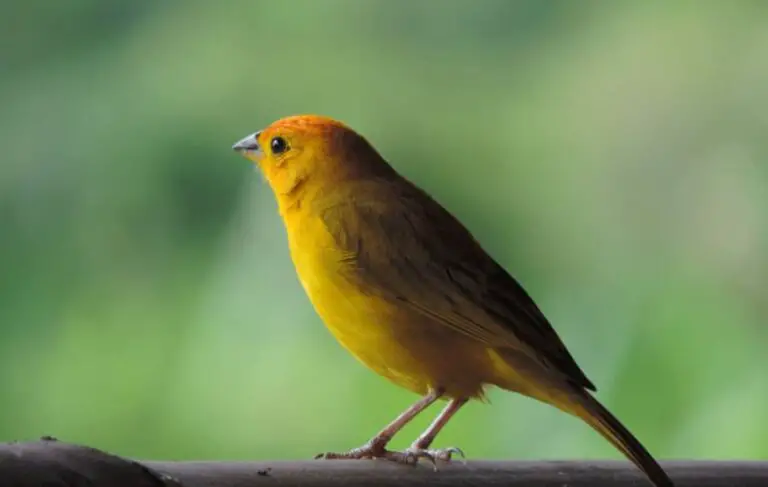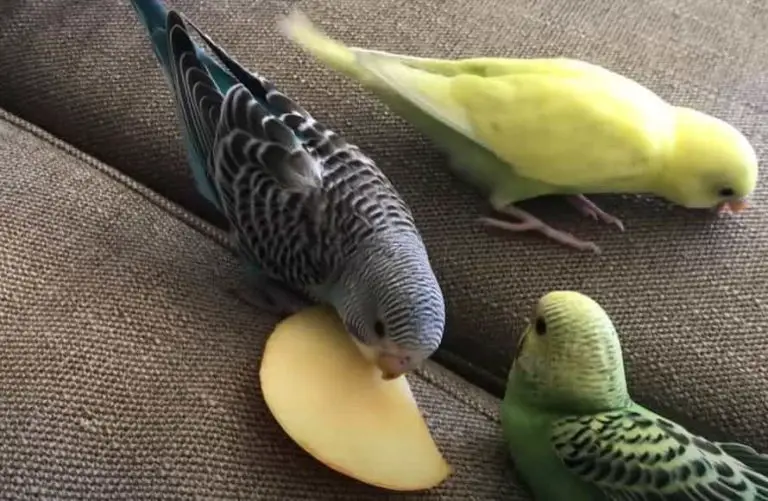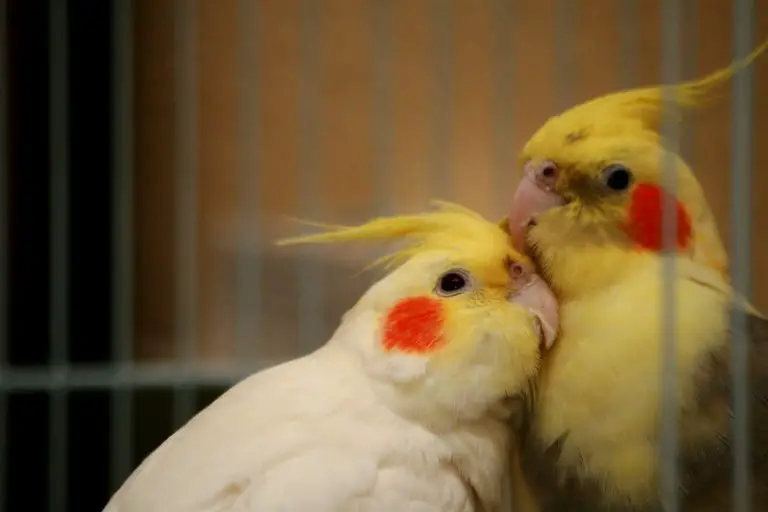Is It Cruel To Keep A Single Budgie? (Yes, here is why)
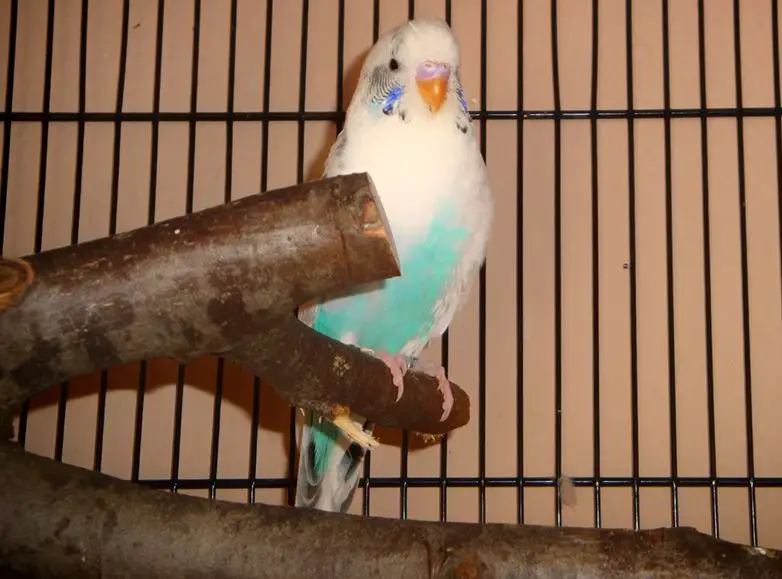
It is not appropriate for a budgie to be alone, and if you are reading this topic, it is very likely that you have heard this expression about budgies.
Having an animal as social as a budgie locked alone in a cage is an act of cruelty, and it is a fact that many people find hard to accept. The companionship and interaction with another of the same species is something so fundamental in a budgie that it could even die of sadness when it is totally alone.
When you decide to care for an animal in your environment, you must be aware that you will be limiting the life capabilities of that creature.
To be honest, no bird was born to live in a cage, by itself keeping a budgie in a cage is already an act of cruelty, but let’s say you can give it a safer and more peaceful life, with food and entertainment assured, the least you can do is to provide it with the companionship of the same species.
A lonely budgie is not happy even if it seems so
Budgerigars are social and sociable beings, this implies that their behavior is molded from the origin of the species itself oriented to the sonorous, tactile and visual exchange with their own species.
There must always be a response for what the animal does to make sense. If there is not, it enters a solitude loop that will corner it in an aberrant behavior induced precisely by the absolute lack of familiarity with its environment.
They have been very popular pets for some time now, however, this is not an excuse and much less a reason to keep any budgie in solitude.
A budgie in solitude will eat, drink, even try to save boredom by playing, for this reason, it may seem that “he is happy”.
It will probably sing, but it will be in response to other noises, it will emit some sounds in the hope that “something” will respond in a way that is understandable to the budgie. It will try again and again.
How would you feel if only the echo of your voice was what responded to you all your life? I think the answer is simple: “you would probably go crazy”.
A human being is no companion for a budgie
A lonely budgie can begin to pluck its feathers, self-mutilate, become aggressive, frightened, apathetic, with uncomfortable recurrent manias, obese. It all leads to an unhealthy, unhappy and incomplete life.
Many people think that their company will be enough to fill the space of a lonely budgie, they think that a lonely budgie can be happy to see them, because they feed them etc.
Some people have actually kept budgies in such situations for years, in solitary, without realizing that they are actually committing an act of cruelty.
Living for several years alone and locked up is not a happy life at all, it is imprisonment for a crime not committed, for the simple fact of being born at the wrong time in the wrong place.
Ending up in a house where he is very much loved. But he neither feels nor understands that intention or that love because he is not a human being, he is a budgie, he speaks budgie and understands budgie.
Even keeping birds of another species is perhaps not the most appropriate, it is possible that keeping a budgie with a bird of another species very close to it may improve the situation, but obviously, it is not at all the same as keeping two or more budgies together.
The most common excuses for keeping budgies alone
- It is more manageable to keep a budgie alone for training purposes.
- I only have room for one budgie
- They make a lot of noise, and I only want to keep one.
- I only want one budgie, I don’t want them to breed.
- He can be happy with some toys, a mirror, or a rubber budgie
It was thought for a time that a mirror in the bird’s cage can substitute for the missing conspecifics. Then, next to the budgie, an artificial plastic bird on a perch in the cage was usually kept as a companion. It is now known that neither a mirror nor a plastic bird can replace the congeners of this social animal.
Signs of a lonely budgie
In budgies it is very easy to recognize the signs when they feel lonely, although many of these signs affect them mentally, usually also manifest themselves physically through misaligned and self-destructive behaviors presented by the bird.
Obesity
A budgie in solitary will usually be isolated and its stimulus to move will be very limited, it will not have visual or acoustic stimulation in its solitary state, being limited, feeding will be its main activity.
In reality, it is not their fault, they will not have company to play, fly inside the cage, so they will become perverse and will only limit themselves to eating, they could even lose their ability to fly.
Plumage self-destruction
The cleaning of the plumage in budgies is something normal and usual that they do frequently in order to keep themselves clean, but in solitary conditions, the stress generated causes unwanted behaviors in the bird.
One of these behaviors is to compulsively pull out the plumage abruptly, sometimes they do it so violently that they could even self-inflict wounds and become practically naked without plumage in certain areas of their body.
Violent behavior
In spite of the sadness of being alone, the behavior of budgies does not show decay, on the contrary, they show a violent transformation in their behavior, they usually make more noise than usual, perhaps with the intention of making some kind of call waiting for an answer.
Depressive behavior
In contrast to aggressive behavior, a parakeet will also show depressive behavior, alternating moments of noise with moments of prolonged silence, isolating itself in a corner, showing apathy and limiting its movement to almost nil.

